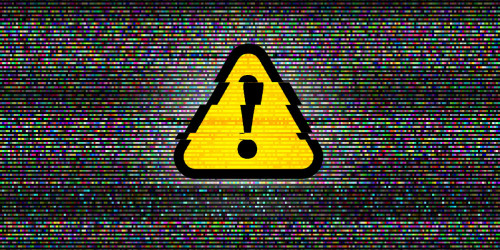As Kim Weatherall notes, Australia has been undergoing two separate but not entirely equal deliberations over its national copyright law at roughly the same time: a review of the 2000 Digital Agenda Act, and negotiations with the U.S. over a free-trade agreement (FTA) that predictably exports DMCA-style copyright restrictions.
The good news is that the Digital Agenda review process has yielded some remarkably sensible recommendations, including amending the anti-circumvention rules to 1.) permit fair dealing (Australia's version of "fair use"), 2.) allow for the non-infringing uses that are already okay under Australian copyright law, and 3.) let people who have legitimately acquired digital products to look under the hood.
The bad news is that the U.S./Australia FTA is poised to trump.
So where does Australia go from here?
All is not (yet) lost. There are two parliamentary committees investigating the FTA - the Joint Standing Committee on Treaties, which is chaired by Australia's federal government, and the Senate Select Committee on the Free Trade Agreement. Weatherall herself (PDF), Dr. Matthew Nimmer (PDF), Electronic Frontiers Australia, the Australian Libraries Copyright Committee, the Australian Free Trade and Investment Network (PDF) and many others are standing at the ready to argue for balance.
In addition, Weatherall is already thinking ahead:
"[It] seems that by negotiating the AUSFTA at the very same time as the Digital Agenda Review, the Australian government devalued the contributions that people outside the relevant government departments might make to the shape of our law...And I just think that's a real shame. [...]
My friend Peter Eckersley pointed out to me last night that getting depressed about aspects of the copyright law is not the only thing we can do. I think he's right. Perhaps the reality (if it ends up being a reality) of a move to more protectionist, U.S.-style laws means two key things for us in the future.
First, it means that we need to make a genuine, concerted effort to ensure that exceptions to copyright are broadened in Australia. To the extent that exceptions like U.S.-style fair use are broader -- or potentially broader -- than Australian-style fair dealing, we need a shift. Soon. And we need to think about things like private copying. [...]
Second, it makes things like Creative Commons more important. Build alternative systems. That work."








